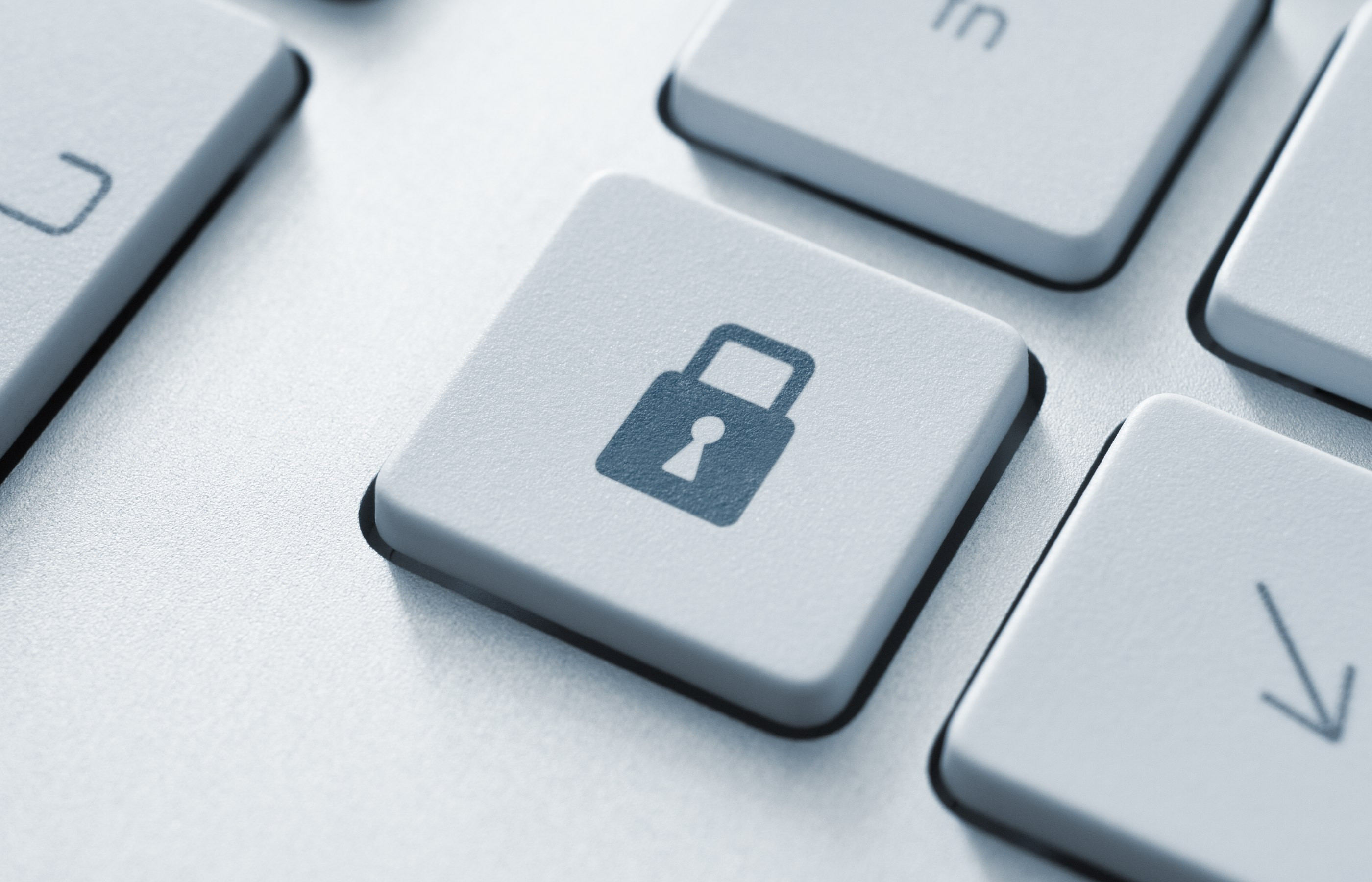
Any entrepreneur who has ever relied on a computer should know backing up business data is not just a simple IT protocol, but an insurance policy. Surprisingly though, a survey revealed that 70% of small businesses have no backup plans at all, which means various and frequent cyber attacks that eventually lead to closures aren’t enough to scare businesses into implementing a backup solution that can protect them in the future.
You’ve worked hard collecting and compiling data, it deserves nothing but the best protection you’re able to afford. In case you need further proof of the importance of backing up, here are some facts about data-loss-related disasters and backing up that should compel you to act now.
Servers and hard drives inevitably fail
Your company’s servers and hard drives may seem like mere pieces of hardware fitting snugly within the rest of your company’s entire IT infrastructure, but if they’re not backed up, one minor error can mean major trouble.
Disk failure, erroneous operating system upgrades, system mismanagement, natural disasters, viruses, and other forms of security breaches are some of the reasons why servers fail or crash. Any of these may cause you to lose a day’s worth of profits, but it may also cost you your entire business.
In a data protection poll for small- and medium-sized enterprises, 40% of surveyed IT professionals who work for small businesses have attested to the inability of companies to resume operations after suffering data loss. Accounting, healthcare, and insurance firms are most likely to fail to continue operations in the event of a massive-scale data compromise. For these and many other businesses, losing all data means losing the ability to run a business.

One backup isn’t enough
Backups need backups, too. Even enterprises with a disaster recovery plan aren’t completely safe, but they stand a better chance of surviving a disaster.
According to a survey, 51% of businesses maintain only one set of backups, when it’s ideal to have at least two sets in different locations. Other inapt backup practices include infrequent backups, untested backups, and non-automated backups. Relying on inefficient backup systems is just as bad and risky as not having any backups at all.
If you already have a backup plan in place, consider augmenting it by having a local one and another one offsite or in the cloud. Having a local backup would enable your employees to immediately resume work, while having cloud backup would allow them to access data, programs, and applications from wherever they are -- which can be particularly helpful if your company has the capacity to fully function even with a remote work setup.
Backing up can be inexpensive and easy
Realizing that your backups require backups may add further stress to your organization, but fret not as it can be done pretty easily.
If you find the whole process of backing up complicated, you can get the help of a Managed Services Provider (MSP) offering a fully managed Backup and Disaster Recovery solution. With a trusted MSP partner working on your backups, your business is covered for email and server backups as well as archiving services. A reliable MSP keeps your data active, makes it easily retrievable, and provides well-defined recovery strategies in case of an actual disaster.
Outdated backup practices is also a bane to corporate data safety. There’s a growing range of threats complicating backup plans, and businesses need up-to-date, fast, and frequent backup solutions that work. MSPs worth their salt would know the right backup for specific businesses and would know which ones to deploy to protect against the latest threats.
Backing up today protects you from tomorrow’s disaster. We could continue espousing the virtues of having backups, but there’s a good chance you’d skip it. If you’re planning to implement one but are unsure which plan is best for your business, get in touch with Fluid Networks’ team so you don’t have to spend another day without a backup.

